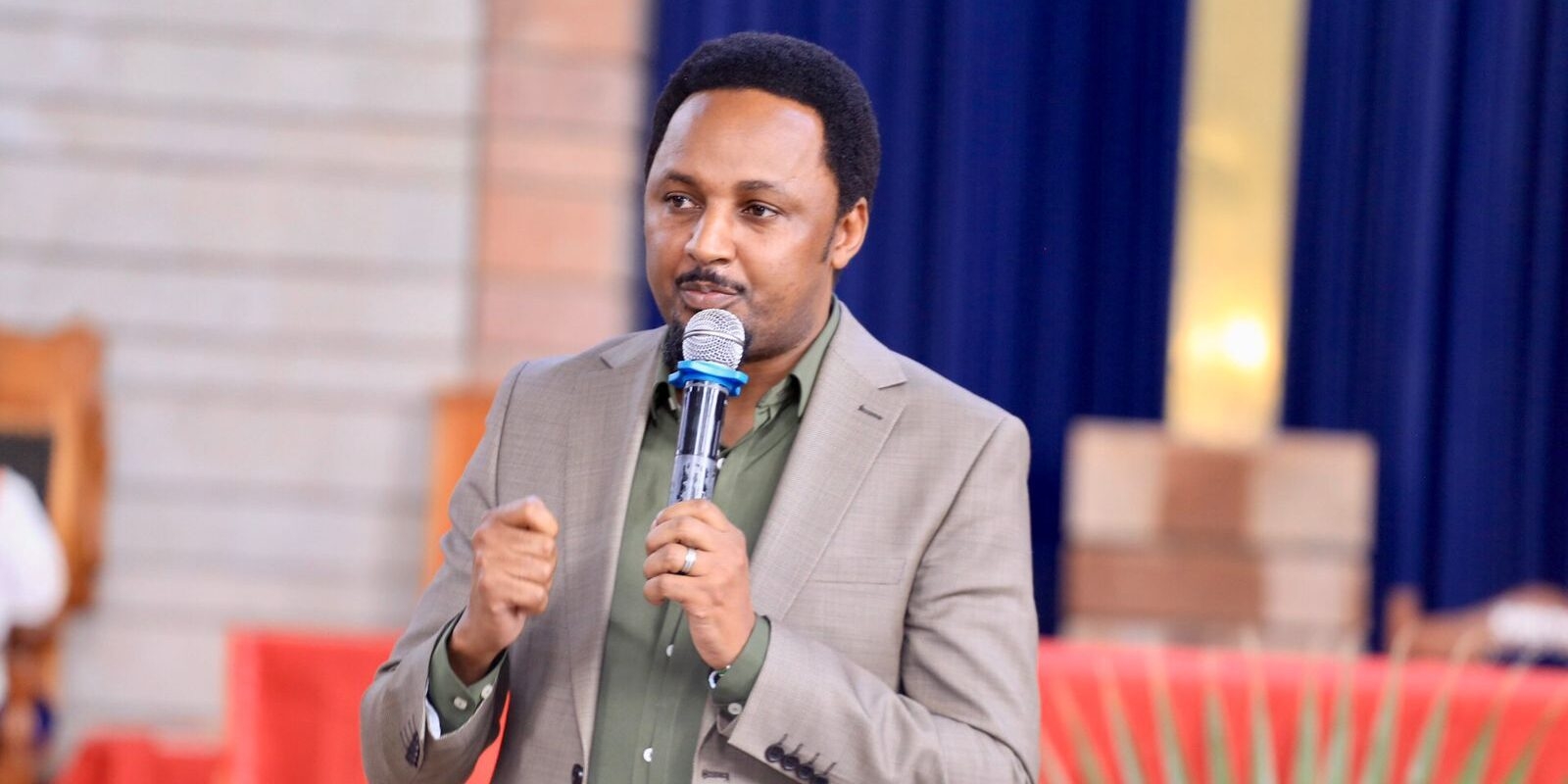Konza Technopolis is exploring a combination of green bonds, partnerships and loans to bridge its Sh140 billion budget shortfall.
Officials at Kenya’s first smart city say that national government funding has been insufficient to enable it undertake all its projects within the set timeline.
The recent austerity measures by the state to cut down on development expenditure has forced Konza to seek alternative funding.
Konza Technopolis Development Authority CEO John Okwiri said that the technology park is considering fund raising through the financial markets using green bonds.
“We have a shortfall of Sh140 billion in as far as the resources are concerned for the projects that we intend to do. Green bond is one of the options that we are looking at to raise these resources,” said Okwiri.
“We will explore all the options including development partners, Public Private Partnerships and concession loans to ensure that we meet the deficit.”
The National Treasury had planned to increase funds to Konza to about Sh5.2 billion this financial year.
The allocation would have been 30 times the Sh170 million that the authority received in the financial year ended June 30, 2024.
This was in anticipation that once the initial works are complete the disbursements were to drop back to around Sh150 million.
However, the withdrawal of the Finance Bill 2024 forced a revision of the funding.
Okwiri said that the project's phase one, which majorly comprises of the horizontal infrastructure is complete and the area will now open up for private investors to commence construction from 2025.
Konza Technopolis horizontal infrastructure cost $391 million (Sh50.4billion).
The 170-hectare phase of the project was funded after the government of Kenya signed a financing agreement with UniCredit SpA of Italy back in 2017.
Among its key developments are the National Data Centre and smart city facilities established through a Sh17 billion funding by China's Exim Bank.
Additionally, the Kenya Advanced Institute of Science and Technology (KAIST) is being built with a combined investment of Sh13 billion, where the Korean government provides Sh8 billion and the remaining Sh5 billion is supplemented by Kenya.
Kenya, through the National Treasury, has also contributed to the project by funding a conference facility at a cost of Sh1.4 billion while the construction of the main office block, an essential part of the technopolis, was completed at a cost of Sh1.5 billion.
As the technopolis continues to take shape, plans for a hotel within the Konza Complex are on hold pending financing.
"For the hotel, we are waiting for financing to begin because it’s part of the Konza Complex. From the master plan, there is also a cost that was incurred for consultancy," said Okwiri.
He said that the development of a Digital Media City is also underway, with investors showing strong interest in establishing various projects within Konza Technopolis.
The Open University of Kenya unveiled by President William Ruto last year with high hopes to revolutionise higher education is among the most hit in the budget rationalisation.
The institution located at Konza had its development budget of Sh200 million completely scrapped.
In total, the varsity had been allocated Sh670 million out of which Sh470 million was recurrent, according to documents tabled before the education committee by the ministry.
The varsity, the first virtual public learning institution offers learners an opportunity to study from the comfort of their homes or workplaces.











